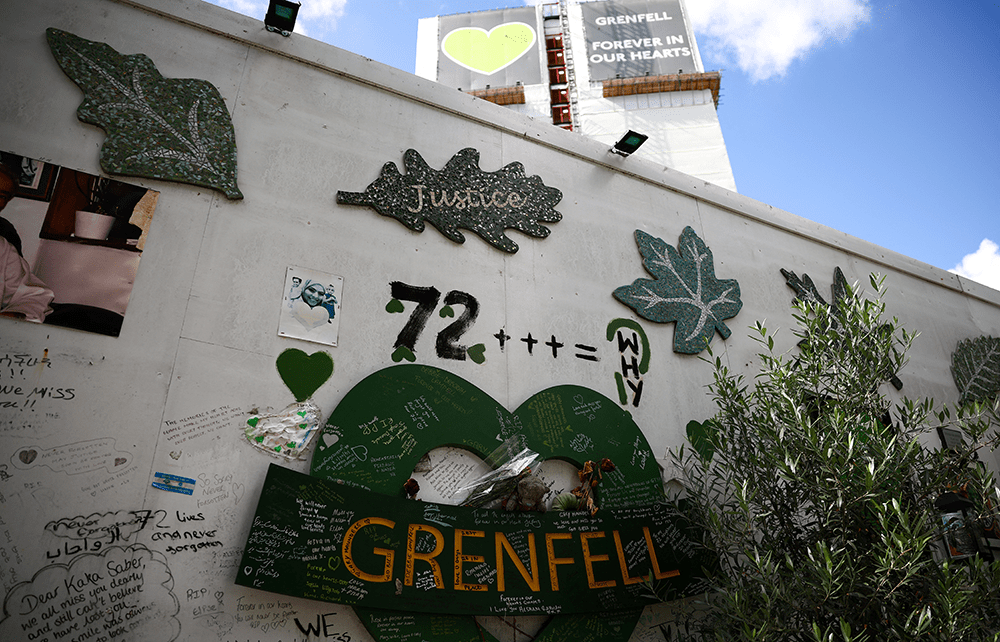We have been told that committees will meet, urgent discussions will be held, the guilty will be punished, and steps taken to ensure that the Grenfell tower disaster will not happen again. Sophocles was not the only ancient to say that it was a foolish man that counted on the future.
Fires were so common in densely packed Rome – perhaps a hundred a day? – that there was no point in talking about preventing them. For the architect Vitruvius (d. c. 20 bc), the collapse of wooden buildings was the main concern. He advised foundations should be as solid as possible, whether on rock, clay or loose ground, ‘of the soundest workman-ship and materials, and of greater thickness than the walls above’. Further, streets should be built with the direction of the wind in mind and ‘so set out, that when the winds blow hard their violence may be broken against the angles of the different divisions of the city, and thus dissipated’.
As for fires, the millionaire Crassus bought 500 slaves and architects so that, when fire broke out, he could offer to buy the houses at knockdown price and rebuild them at massive profit. But Vitruvius does record that Julius Caesar, on campaign in the Alps, found that a defensive wooden tower which he had tried to burn down was quite unaffected by the flames. He learned that it was made of larch. Vitruvius wished that a way could be found to bring that wood to Rome.
Augustus was the first to set up a dedicated corps of 7,000 official firefighters. After the great fire of Rome in ad 64, roads were widened, party walls forbidden, use of stone encouraged, height restrictions imposed, spaces opened up, and so on. But only so much could be done. Throw in flood, famine, earthquake and disease and one can only marvel at the coping mechanisms and resilience of ancient peoples.
Safety regulation and technology ensure we can do far more about disasters than Romans ever could. But passing yet more laws will not prevent more Grenfells: it is not the laws that count but the moral values of the people working under them.







Comments